Technology Adoption
Developing a Market Entry Strategy for a rugged anesthesia machine for safer surgeries
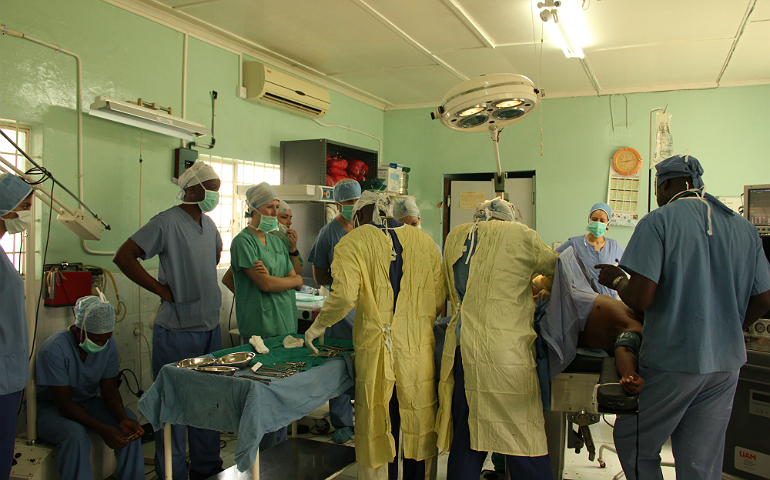
Gradian Health Systems is a New York based non-profit start-up whose Universal Anesthesia Machine equips hospitals around the world to deliver anesthesia safely and economically in resource-constrained settings where compressed oxygen or continuous electricity may not be available. The team surveyed the national healthcare landscape, identified potential customers, and refined a comprehensive market entry strategy. An effective approach to scaling up in Zambia could ensure that every machine delivers the maximum benefit to the country. Read more
Exploring new opportunities in healthcare delivery using mobile phones
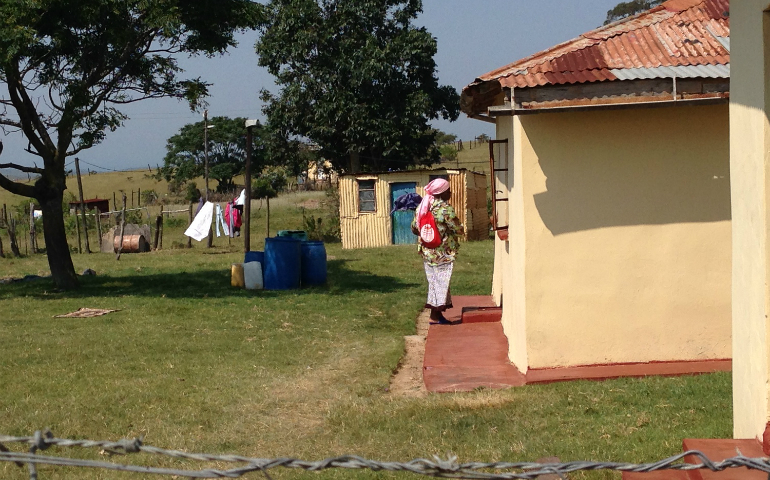
US-based social enterprise Dimagi’s software improves healthcare for the underserved in 30 developing countries. In studying users in four sites across South Africa, our team aimed to equip Dimagi to shift from providing its technology to enterprise partners to a new approach fueled by end-user demand. A pull model could enable Dimagi to innovate and better respond to community health workers’ needs, creating a virtuous cycle of user-driven technology adoption. Read more
Deploying Technology to Promote Health Commodities
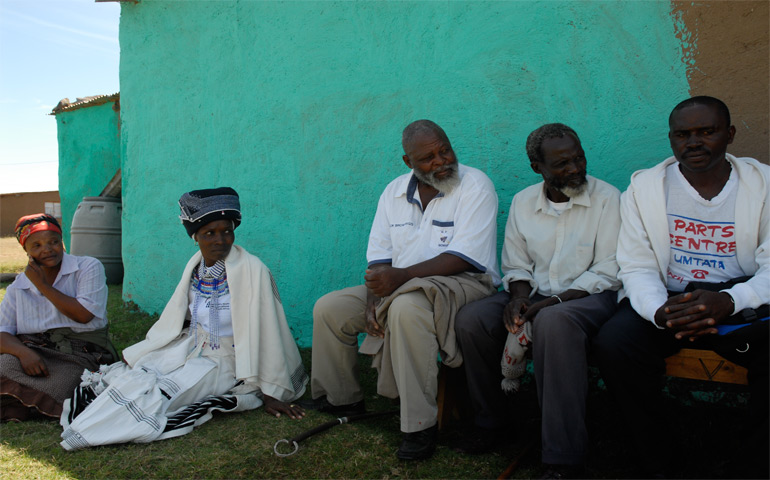
Mennonite Economic Development Associates (MEDA) is an association of business people that invests in the working poor through microfinance loans to entrepreneurs, investment in start-up businesses, a service that links small-scale producers with markets, and an advising network. Read more
Transitioning to Electronic Medical Records in Rural Kenya
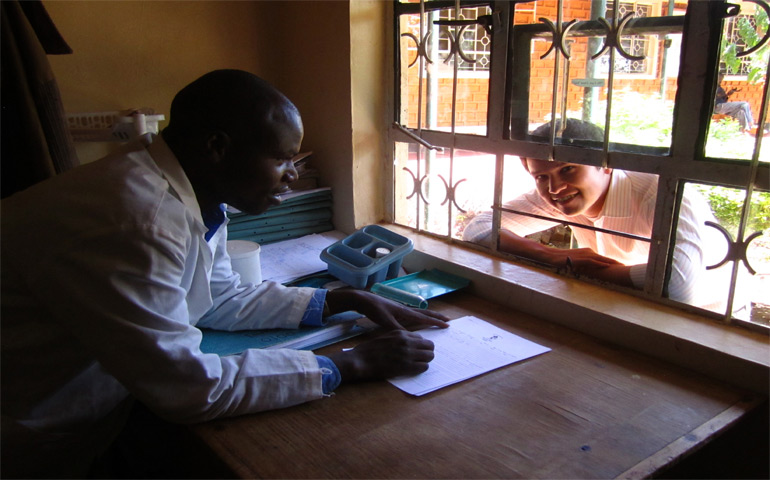
ELI-K Chebaiywa Dispensary was a small, mission-based rural health clinic in western Kenya serving underserved communities. Read more
Empowering Hospital Outreach Workers Through mHealth
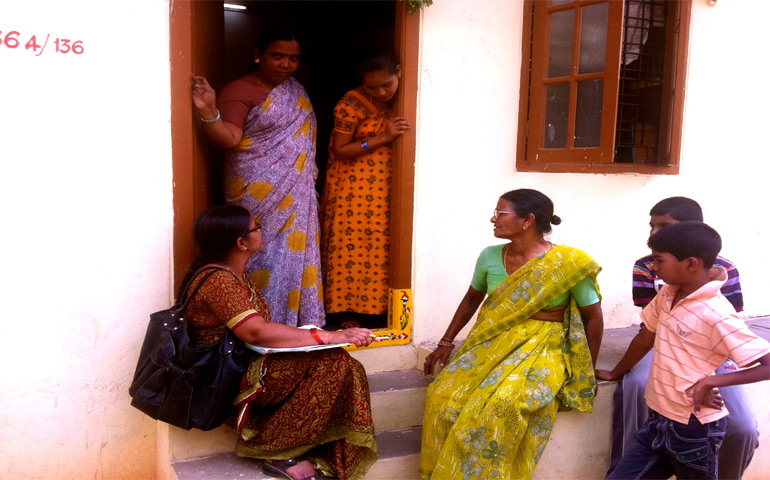
LifeSpring Hospitals is a chain of maternity facilities providing high-quality affordable health care to low-income women in India. An MIT student team returned to LifeSpring to evaluate its marketing strategy and consider using an mHealth tool in its outreach efforts. Read more
Combining Soccer and SMS to Improve Health Outcomes
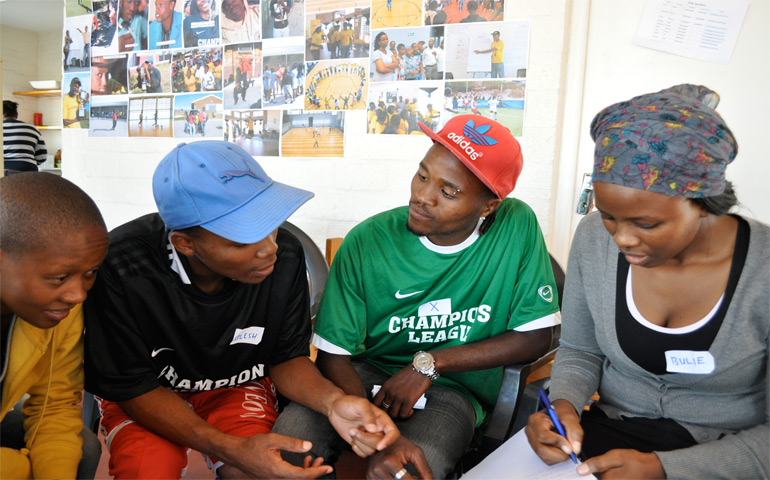
Grassroot Soccer (GRS) was founded 2002 in Zimbabwe by former professional soccer players who saw the devastation of AIDS and sought to use soccer as an HIV prevention tool with programs designed to educate, inspire, and mobilize communities to fight the spread of HIV/AIDS. By 2012 GRS and its partners provided health and prevention education in schools and on soccer fields to roughly 100,000 youth aged 11-25 annually. Read more
Selecting Low-Cost Diagnostics for Hundreds of Rural Clinics
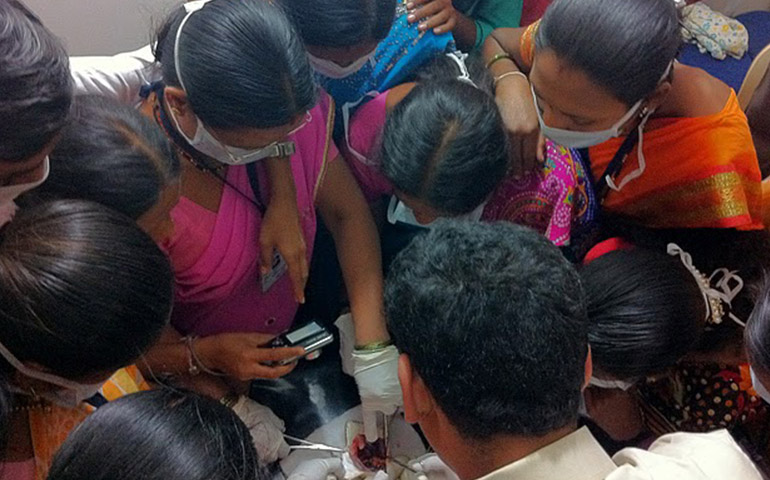
Hyderabad-based CARE Rural Health Mission (CRHM), a non-profit organization supported by and housed within the CARE Hospitals system, aimed to provide affordable, accessible primary care in rural areas. Read more
Growth Options for a High-Tech Innovation in Malawi

Baobab Health, a Malawi-based non-governmental organization, aimed to improve health outcomes at HIV clinics that dispensed antiretroviral treatments. Read more
